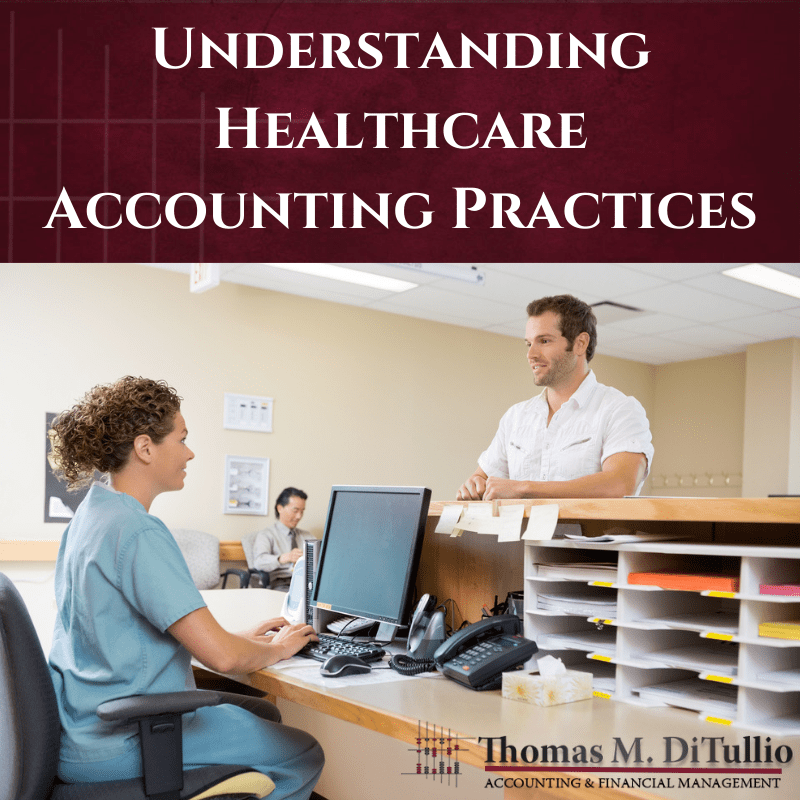How to Find the Right CPA for Your Small Business in South Jersey
When you operate a small business in South Jersey, you have plenty of things on your mind. However, you might not be thinking about the accounting side of operations. Your business needs money to thrive so that you can offer services and products to those customers. You need a professional to help keep track of that money, and a Certified Public Accountant (CPA) is the person for that task. Finding a qualified CPA for your small business can be challenging. We have some tips for finding the best CPA for your South Jersey small business.
Why You Need a CPA for Your SMB
You already know that you need to maintain your small company’s finances. While you could handle those responsibilities by yourself, consider hiring an accountant for your small business. A professional accountant will take care of those little financial details. They can help with bookkeeping, prepare profit-and-loss statements, and file tax returns.
A CPA is an accountant who has met all the experience and educational requirements for the state of New Jersey. They have also passed the Certified Public Accountant exam.
When you work with a CPA, your finances are in good hands. Remember that a CPA does not make your business decisions, but they can provide you with the best advice to make an informed one.
CPAs can help with:
- Tax audits and assistance
- Financial planning and tax advice
- Consulting and management
- Forensic accounting
- Payroll administration
- Bookkeeping
Keep in mind that a CPA can do more than file taxes or update your books. Running a small business is complicated. You have many responsibilities on your plate. While you might want to handle the financial side by yourself, it can be overwhelming. A CPA will ensure that all of your records are up-to-date and accurate. With their help, you can take some of those duties off your list.
What To Look for in a Small Business CPA
Before you start searching for a CPA, you need to decide what duties you want them to handle. Will you need a full-time financial advisor or just want them to take care of payroll? Once you have decided what you need for your small business, you can begin the search.
Many people turn to the internet for a reputable CPA. With an online search, you will have a list of CPAs in the area. Make sure to check all of their credentials. Online searches are notorious for having inaccurate information. You may think you are working with an experienced accountant, but they might not be an official CPA.
It is crucial to find a person who has passed the exam for a Certified Public Accountant. You need to know that they have met all the requirements and are licensed. Along with the exam, CPAs must continue to fulfill their education requirements to stay up-to-date with local, state, and federal tax laws. If you hire them to prepare your taxes, they must have a Preparer Tax Identification Number (PTIN).
After that, make sure the CPA is someone you can trust. Remember, you are counting on them for financial help and guidance. A trusted CPA will have established an excellent reputation in the community. These small business accounting services are the ones that have helped local businesses with their accounting needs. Find someone with a stellar record to assist with your taxes, payroll, or bookkeeping.
Once you have narrowed down your search, don’t be afraid to meet in person, especially since they will handle your money. If the accountant does not want to meet, you might want to find someone else for the job. CPAs know it is a big responsibility to manage someone’s financial records. They want you to feel confident in their abilities and will gladly meet to discuss your needs.
Some small business owners are hesitant to schedule a meeting. Bring a trusted friend or mentor to get an unbiased opinion about the CPA if you don’t want to meet alone. You can determine if you want to proceed with a working relationship by scheduling a consultation.
When you have found a CPA, always bring a few questions to the meeting.
Questions To Ask a CPA Before Hiring
For the meeting, you will want to have some questions on hand. Ask about the size of the team, their accounting services or specialties, and their experience. Here are a few other questions to get you started.
“How Long Have You Been a CPA?”
This answer should be straightforward. While you may want to give someone a start in their career, you should hire a CPA with at least two years of experience.
“Are You Available Year-Round?”
If you need a CPA for a one-time job, this answer might not seem like a big deal. You should hire someone who works as a CPA as a full-time job. When you have a question, you want to know that they are only a phone call away.
“Can You Represent Me in an Audit?”
Most CPAs are called Enrolled Agents. If you get in trouble with the IRS, they have the authority to speak for your business and represent you. In the event of an audit, you will want someone in your corner.
“How Many Employees on Staff?”
Many CPAs will have staff members who assist them. You will want to know who will handle your account, learn about their qualifications, and find the best ways to communicate with them.
“How Much Do You Charge?”
Always ask about how they bill and the fees associated with those services. Some CPAs might bill hourly, while others charge a straight fee for their services.
Looking for a CPA for Your Small Business?
Now that you have all this information, it is time to find a qualified CPA for your small business. At TMD Accounting, we are a family-owned business that has served Gloucester County for over 40 years. We are an affordable, flexible, and reliable option for your accounting needs. Schedule a consultation by calling 856-228-2205.





